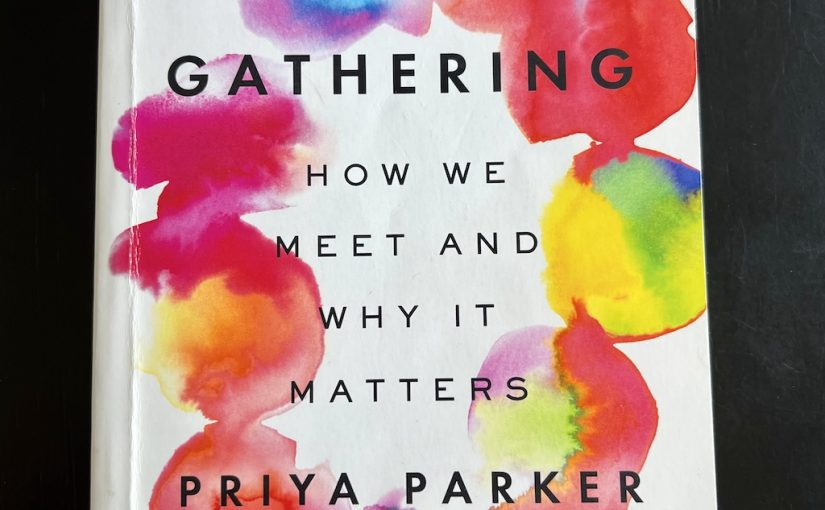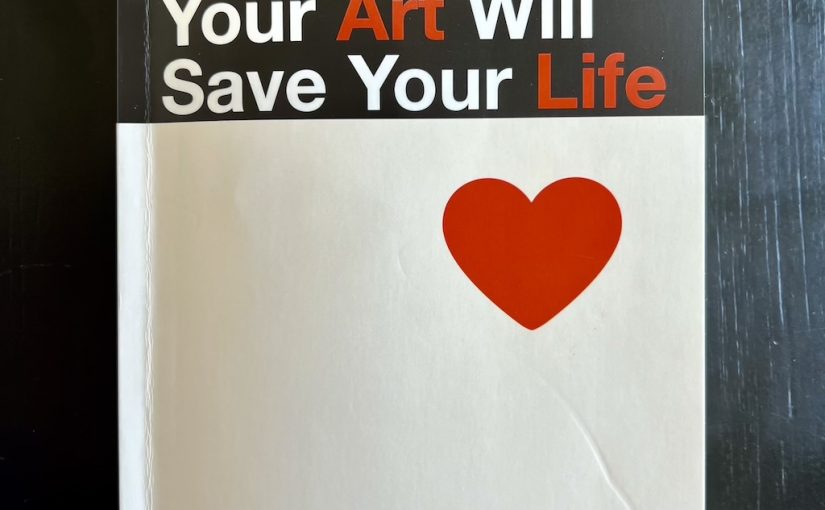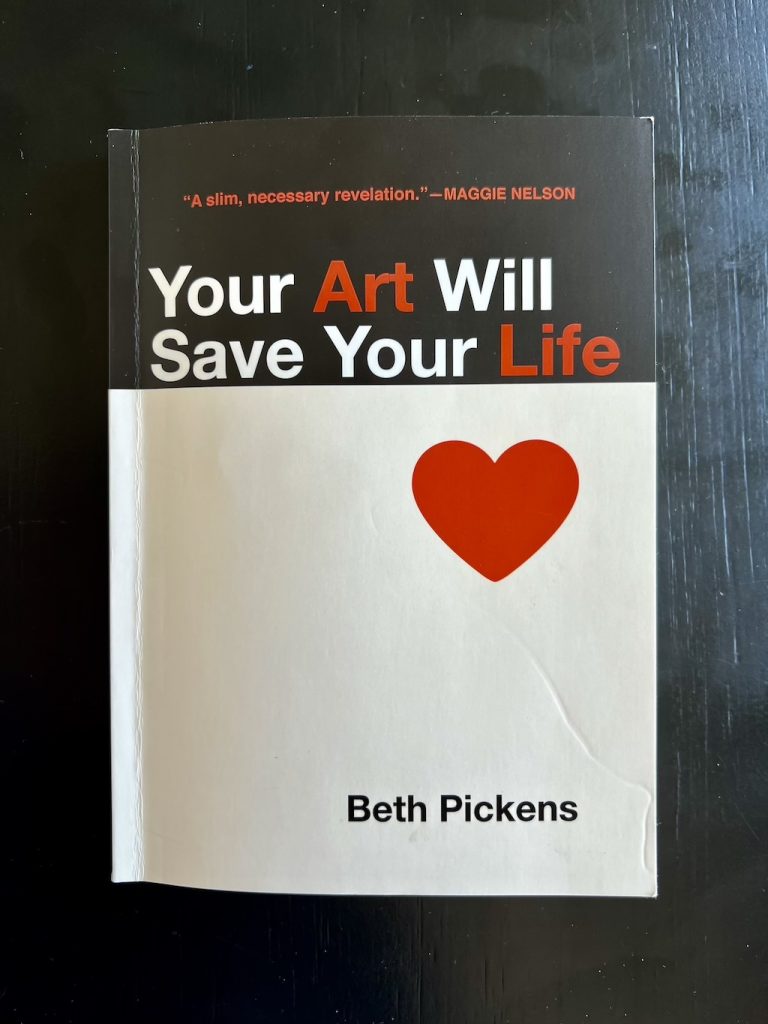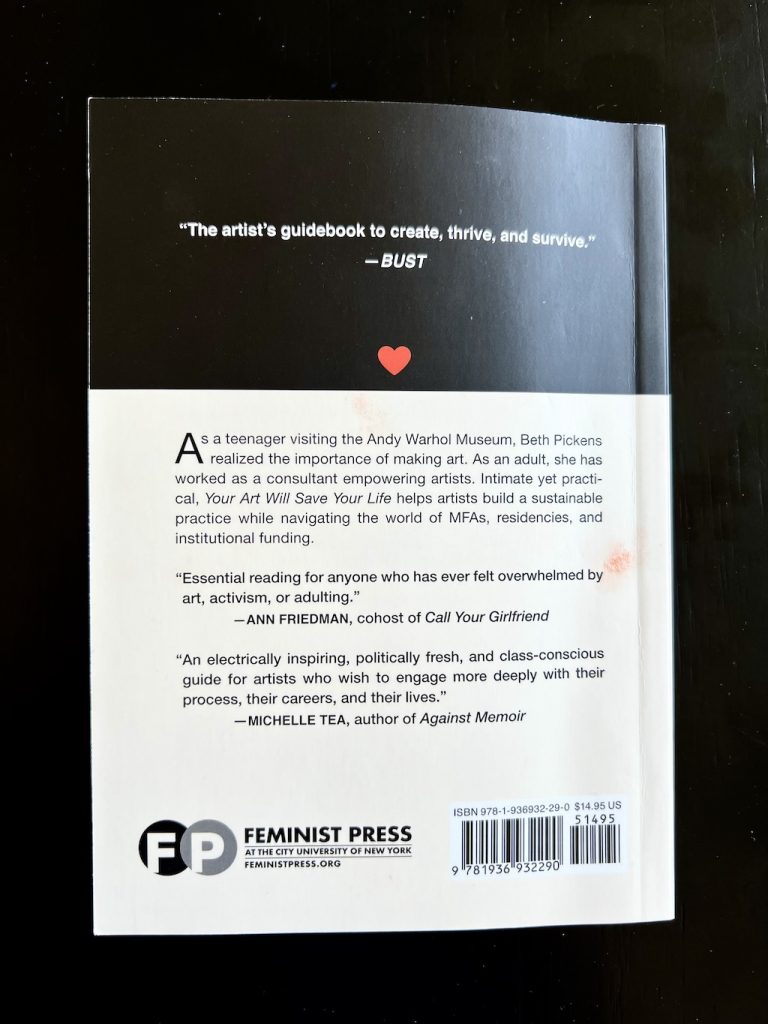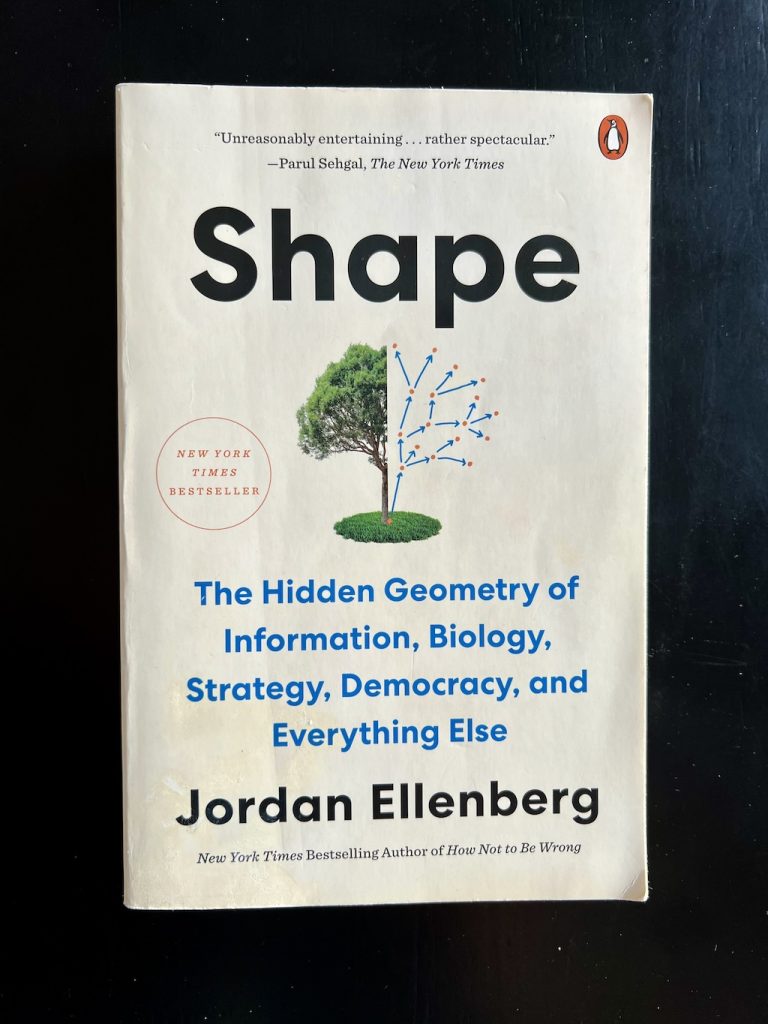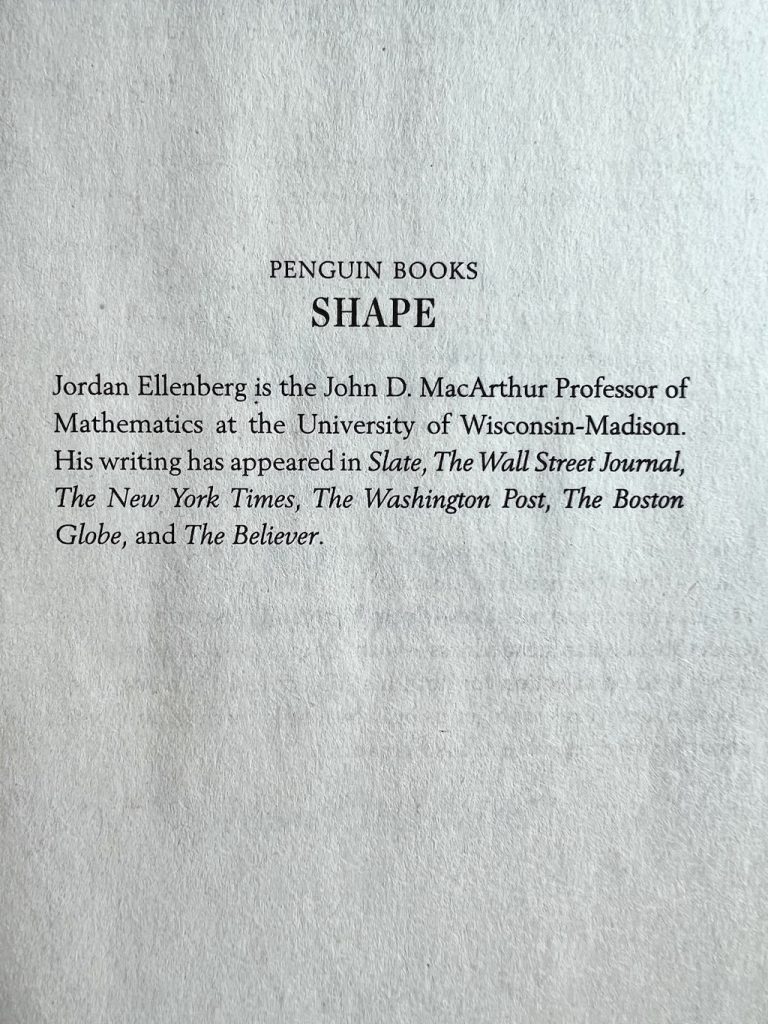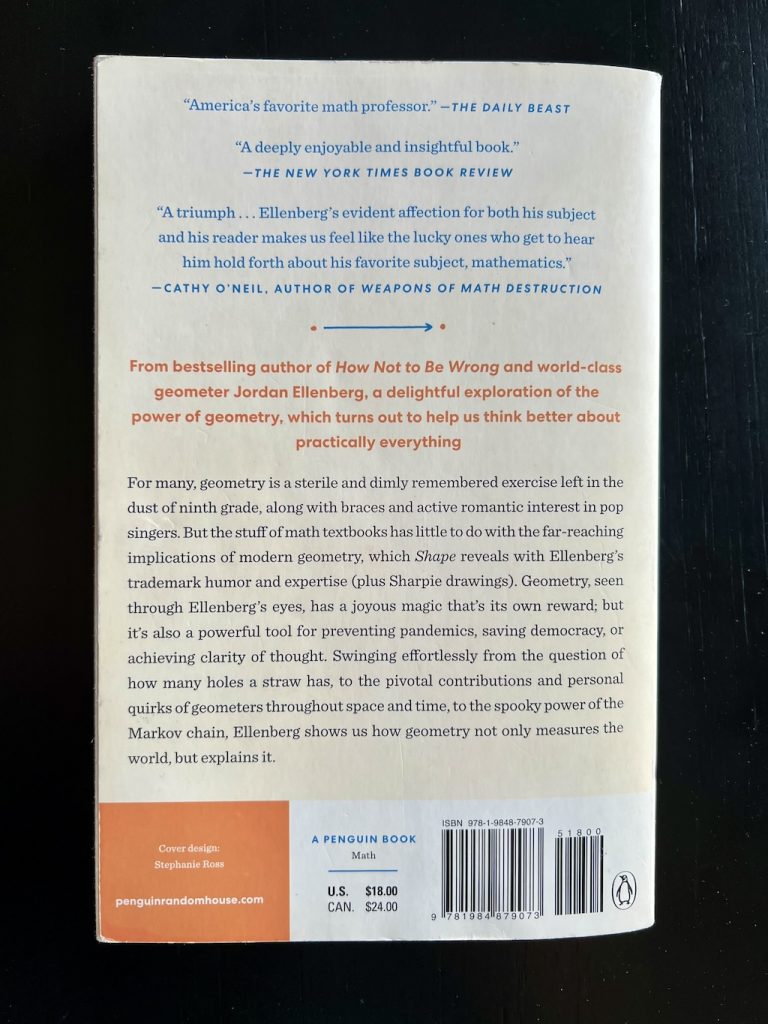The Art of Gathering by Priya Parker illuminates invisible social dynamics that neurodivergent individuals like me often struggle to perceive. It offers insights into how we can attend social gatherings or host our own. Building horizontal relationships and communities is an effective form of resistance against authoritarianism and fascism, and it’s a skill that we can learn and teach each other.

The book also offers valuable advice on hosting events for diverse cultural backgrounds and redefining social conventions that cater to all attendees.

I used to host unconferences where we taught people how to use open-source technologies and build communities. The book was particularly useful when hosting tech and unconference events with colleagues.

Nowadays, I sometimes host gatherings in my home and try to prioritize guests who are single, live alone, queer/trans, or not part of privileged heteronormative couples. The book offers helpful tips and validations for community development and hosting gatherings in personal or professional life.
